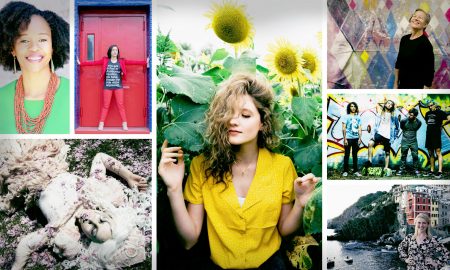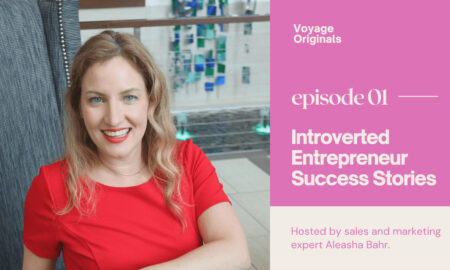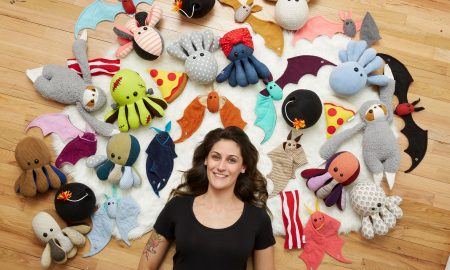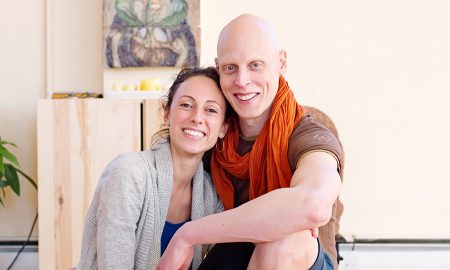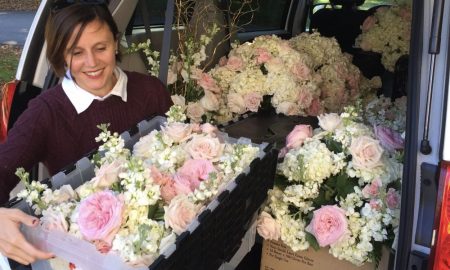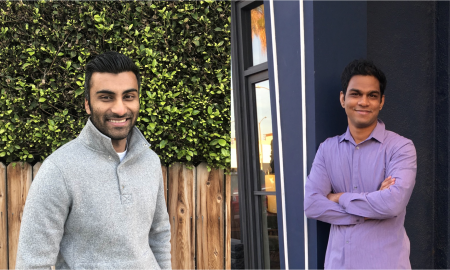

Today we’d like to introduce you to Dr. Tiffany Gayle Chenault.
So, before we jump into specific questions about the business, why don’t you give us some details about you and your story.
I am an African American woman, Midwest-Southerner, traveler, and a publicly-engaged sociologist who studies social inequality, race, social justice, and community. I’m currently Professor and Chair of the Sociology Department and Coordinator of the African-American Studies minor at Salem State University.
I am also a relatively new runner. The new identity of runner developed four years ago as a coping mechanism to deal with the loss of my mother. Running became a space for emotional, mental, and spiritual healing. As I started to run in my neighborhood (East Boston) and in races (I ran my first marathon in 2015 – the Flying Pig in Cincinnati, Ohio), I realized the whiteness of this running space. I would participate in races and would be one of one or of a few African-American female runners. Since Boston is “running” city, I expect to see a more diverse pool of runners but I don’t.
As I began to critically examine these experiences, I found that recreational long-distance running, and the running industry in general, are primarily spaces for white women, white men, and “Africans.” I wanted to know why? From my personal journey of running and healing, I wanted to explore why black women were invisible and also use my voice to make us visible.
For this research, I decided to run a half marathon in all 50 states (I’m currently on state #38- Missouri) and document this experience. As a sociologist, I am interested in how larger social structures shape the lived experiences of individuals, and how those experiences are influenced by systems of power, especially around race, gender, class, and sexuality. Over the last four years of my running and racing journey, I’ve had over 200 conversations with other African-American women about their motivation and running journey. Through my qualitative and quantitative research from conversations, interviews, participate-observation, and surveys, I have observed emerging patterns. These patterns are around health, hair, body image, community and neighborhoods, media and running industry stereotypes, racialized and gender stigmas, religion, and images of what a runner should look like.
Overall, has it been relatively smooth? If not, what were some of the struggles along the way?
The road has not been smooth literally and figuratively. I have struggled with grief and this new-to-me concept of “running.” Both were unknowns and different. I struggled with my sense of self and not letting the fear of embarking on something out of my comfort zone paralyze me. Many times, going out of my comfort zone has paid off. And even when it didn’t pay off, there were lessons to be learned to make myself better. Having surprises, obstacles, or failures are a gift of growth.
In this process of becoming a runner, I have realized my strengths and weaknesses and have given myself permission to be ok with them. Second, I made sure to surround myself with people who are smarter than me, will be honest with me, and who are in my corner.
Becoming a runner was never a part of my “life plan.” The journey is never straight. It curves, goes backwards, and zig-zags just like my running paths. For me, in the end, I found an opportunity to direct my passion for justice, equity, and community through this new lens of running.
Please tell us about your business.
My business is researching the sociology of running. I serve as the Ambassador for Black Girls Run BGR (Boston Chapter). Black Girls Run is a welcoming and supportive community of African-American women who are diverse in running experience, skin color, hair texture, and body shape. Being in spaces with other African-American women who see someone who looks like them running is a starting point. Then other African-American women know, they can do this. My goal is to encourage African-American women in the greater Boston area and Massachusetts generally that running is a space for them and it is a fun. We have motto “No sista gets left behind” and we are true to it!
To learn more about Blacks Girl Run Boston, you can go to https://blackgirlsrun.com/. You can also follow my research journey on my website Black Woman Running at www.runisee50.com a
There’s a wealth of academic research that suggests that the lack of mentors and networking opportunities for women has materially affected the number of women in leadership roles. Smart organizations and industry leaders are working to change this, but in the meantime, do you have any advice for finding a mentor and building a network?
First, just don’t have one mentor. I have several mentors because I have different needs and situations that I need help or support with. Second, get involved with an association or “group” in your field. Don’t just focus only on professional (networking) organizations, seek out social ones too. Another thing that has worked for me is asking people that I admire and want to “be like” in various fields if they would meet with me. When they agree I ask them about various tools and strategies to overcome obstacles and balancing work and personal life. Finally, you will need a gang of support in your profession and outside of it because you cannot survive and thrive through any of these journeys alone.
Contact Info:
- Address: www.runisee50.com
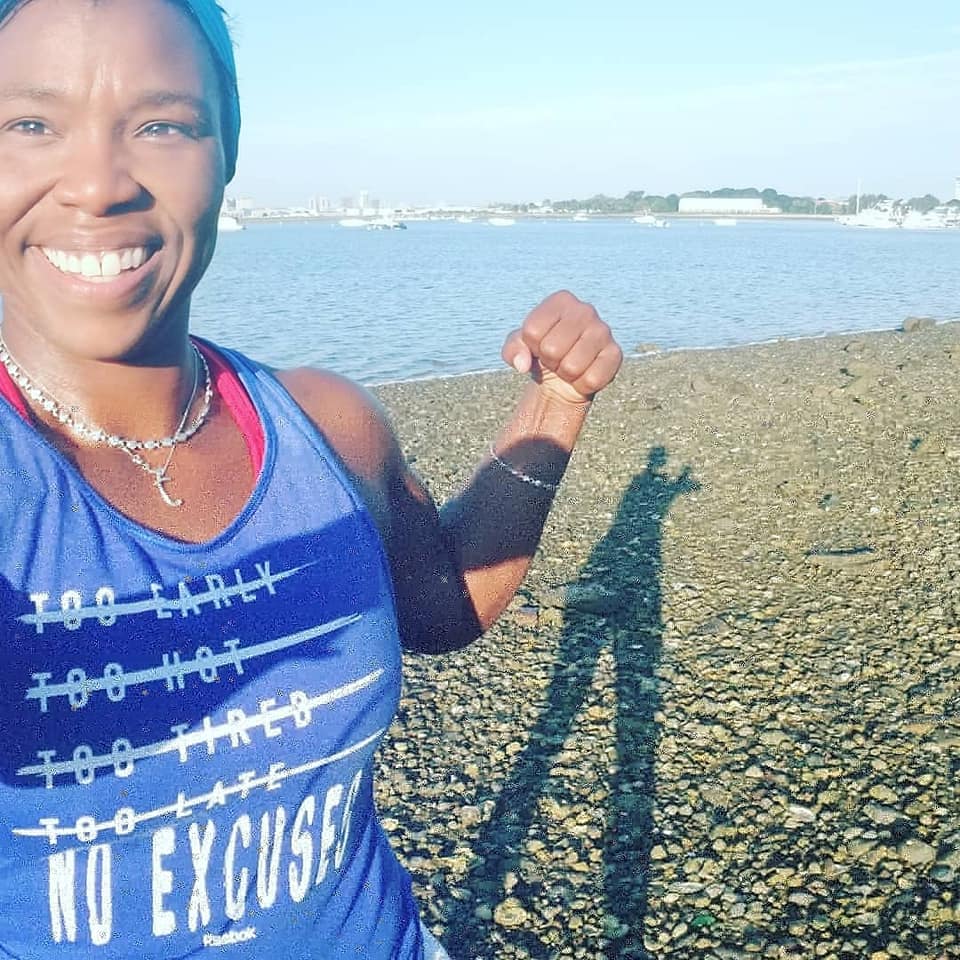
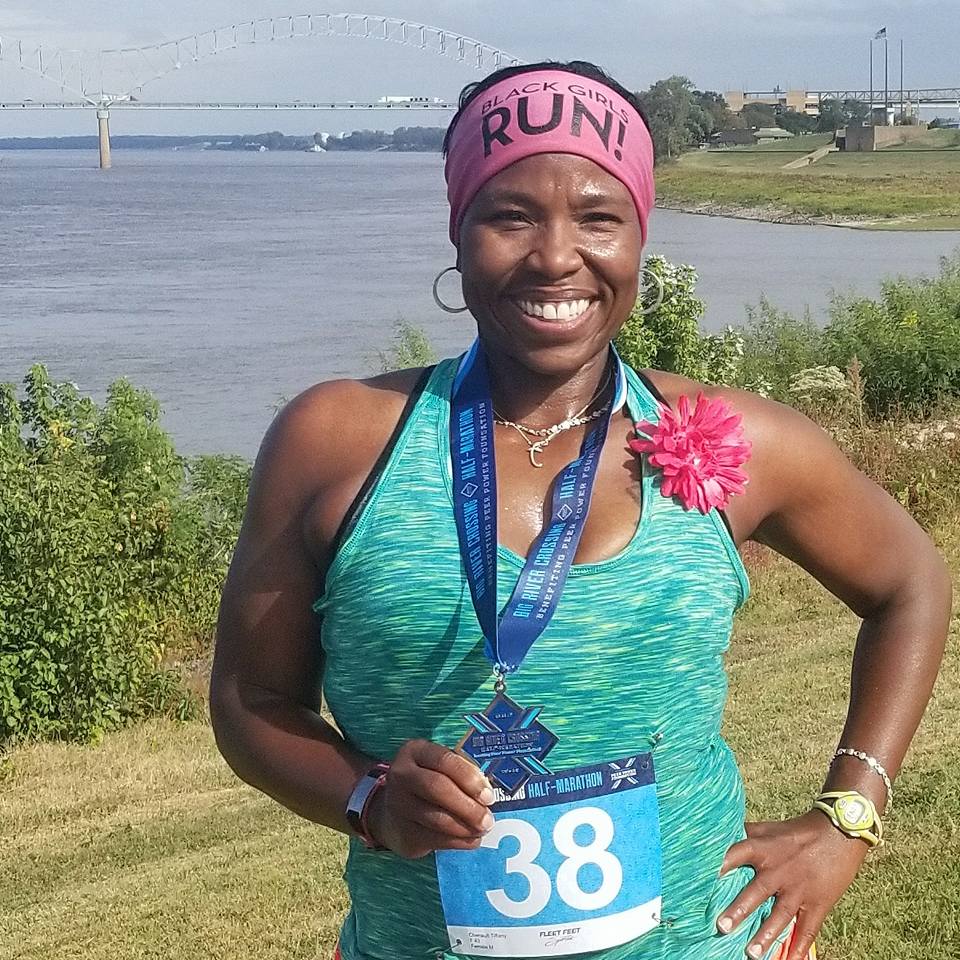
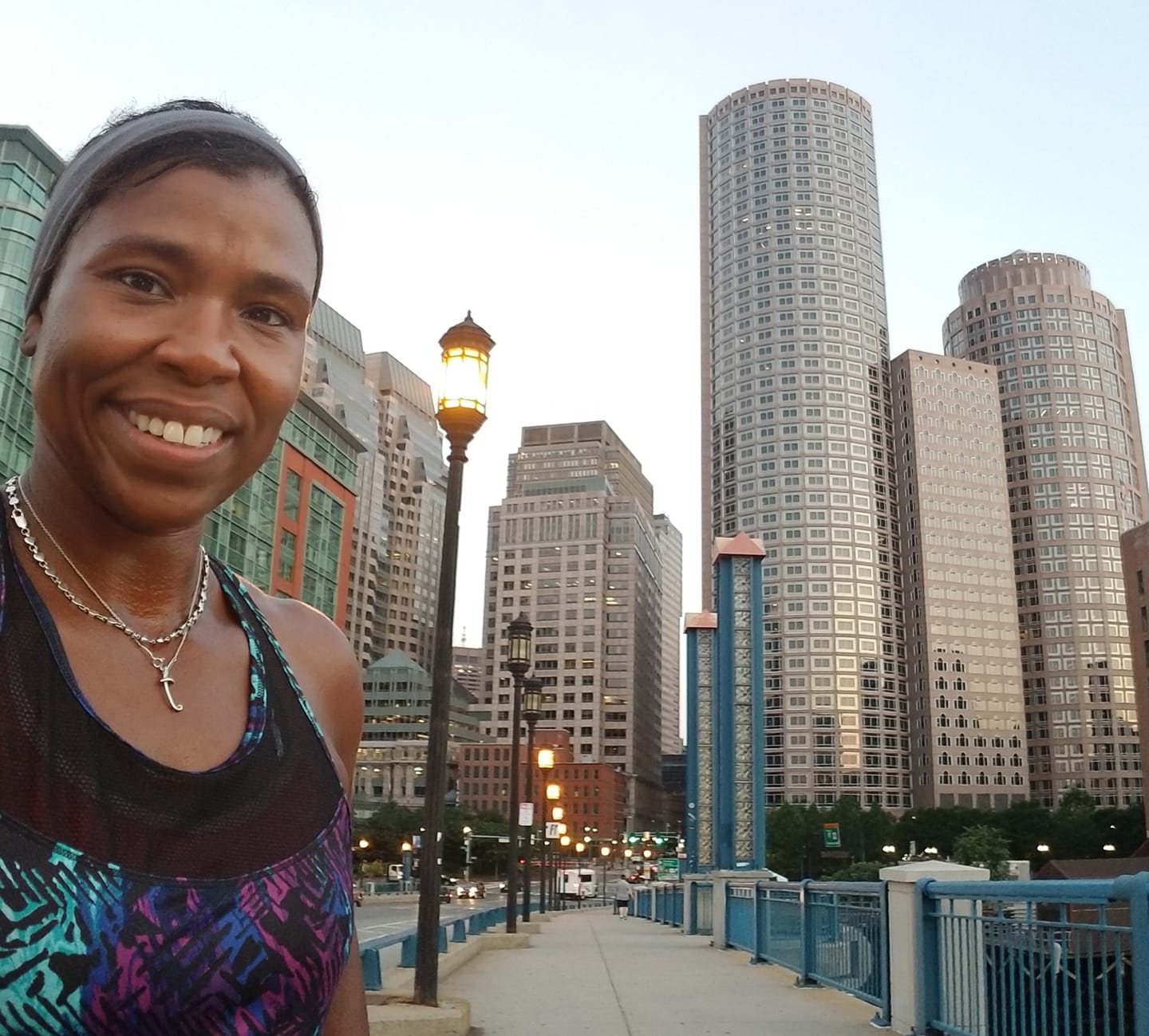
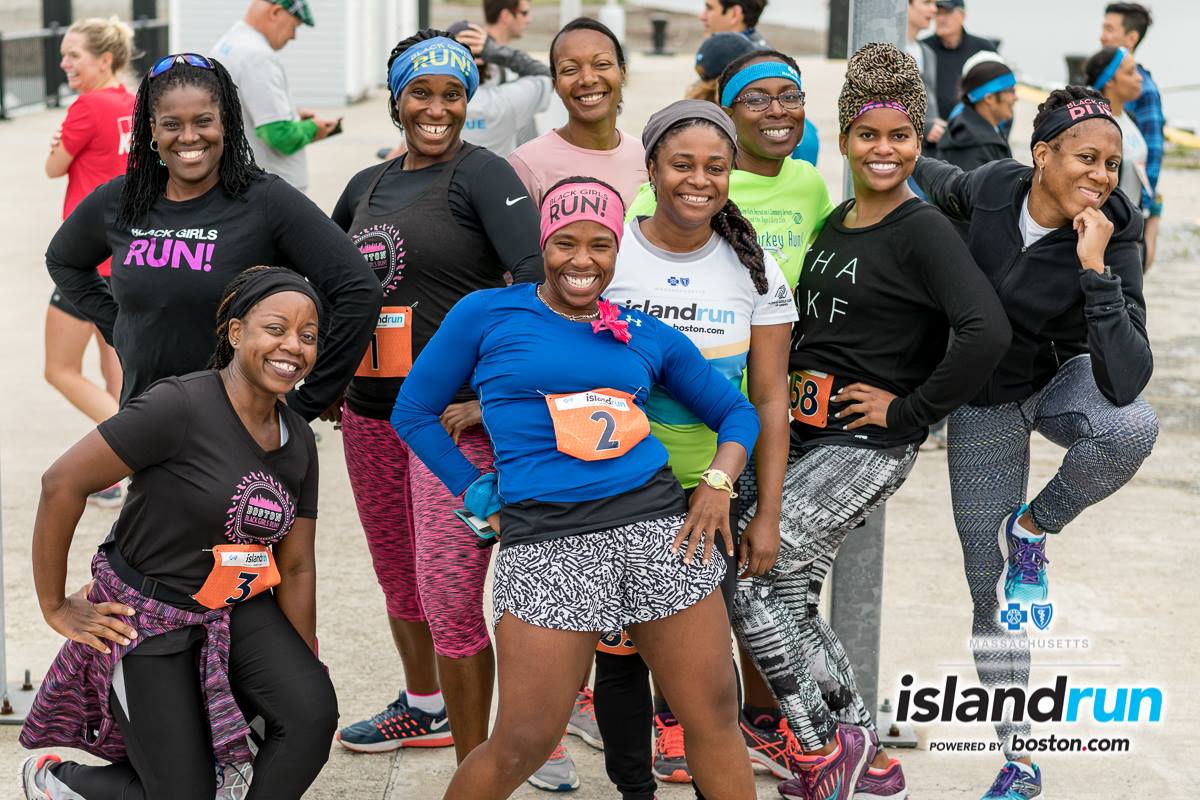
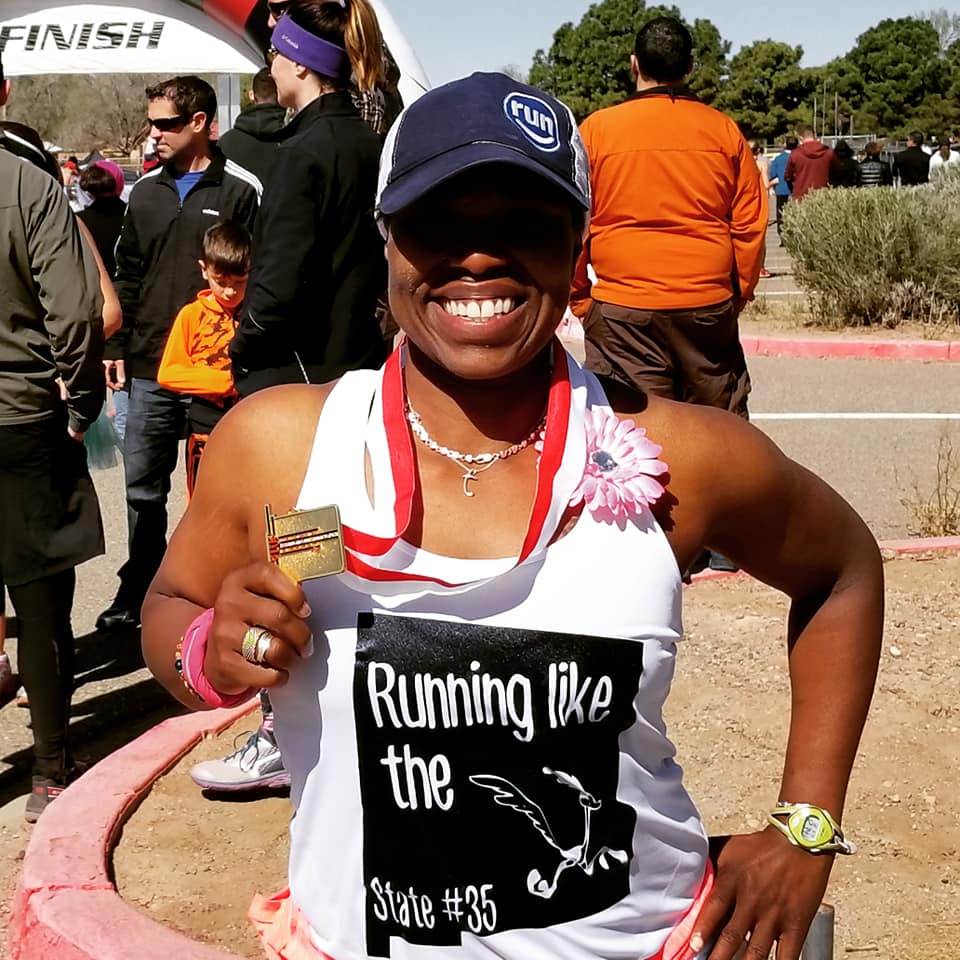
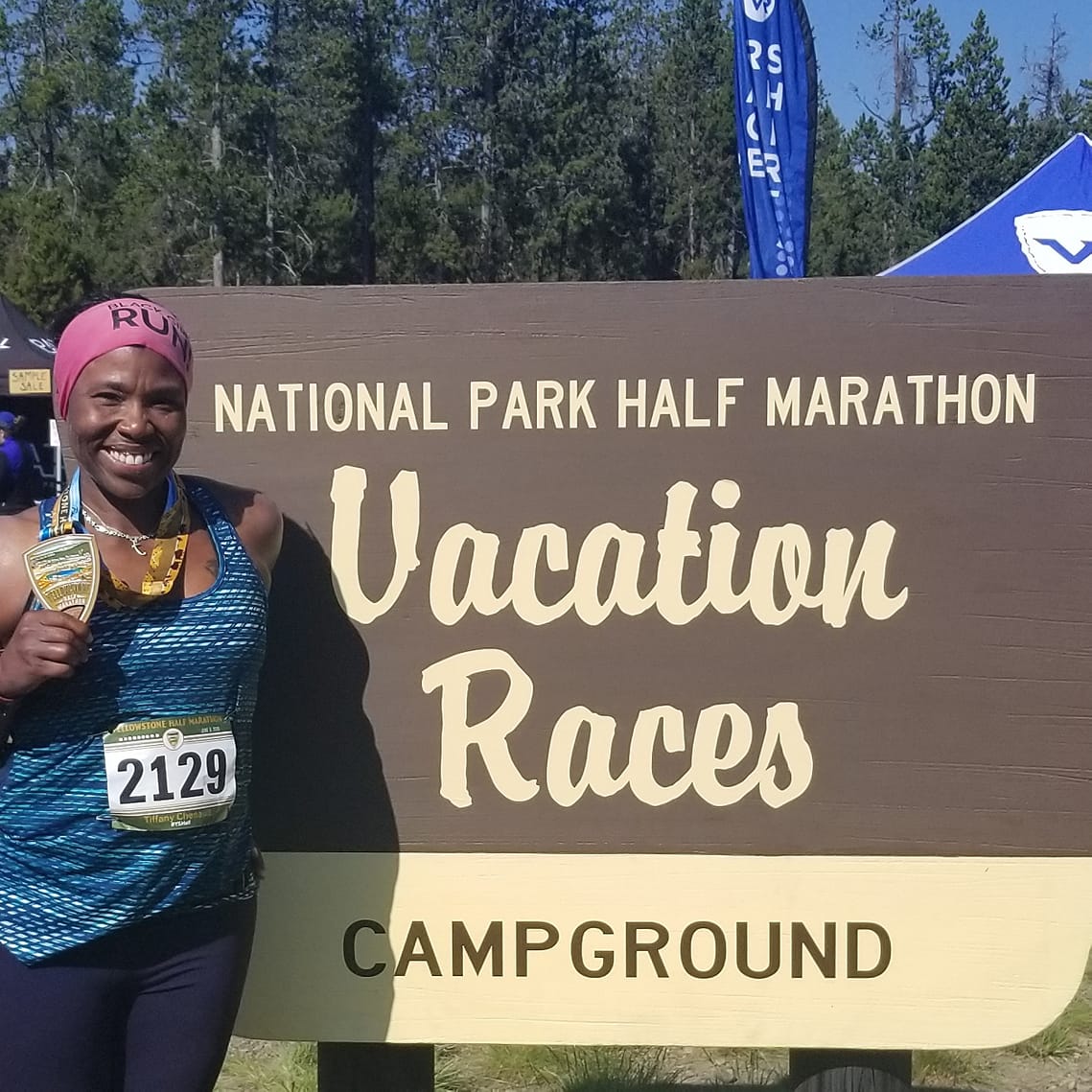
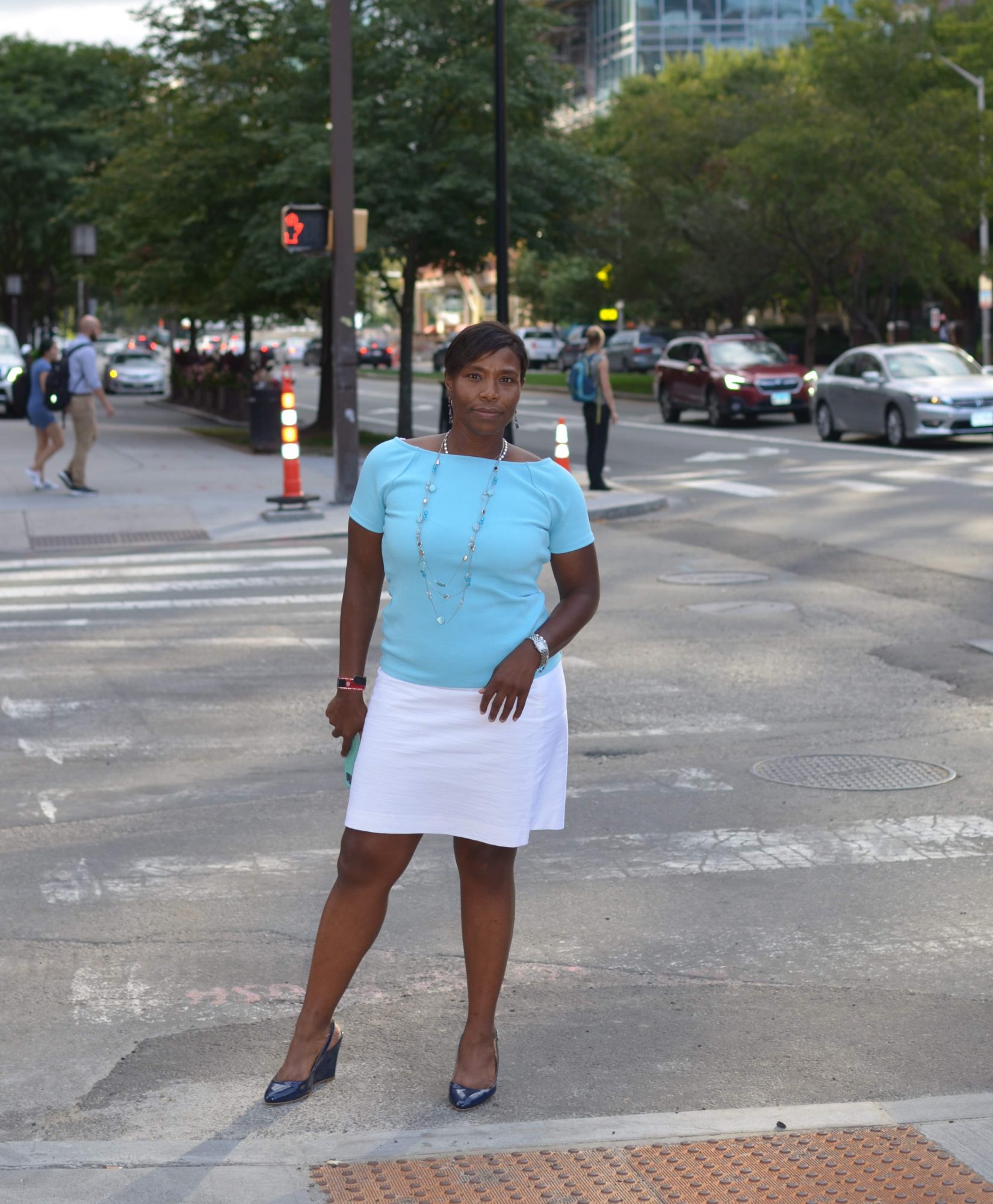
Image Credit:
Tiffany Gayle Chenault, Beverly H. Turner
Getting in touch: BostonVoyager is built on recommendations from the community; it’s how we uncover hidden gems, so if you know someone who deserves recognition please let us know here.

